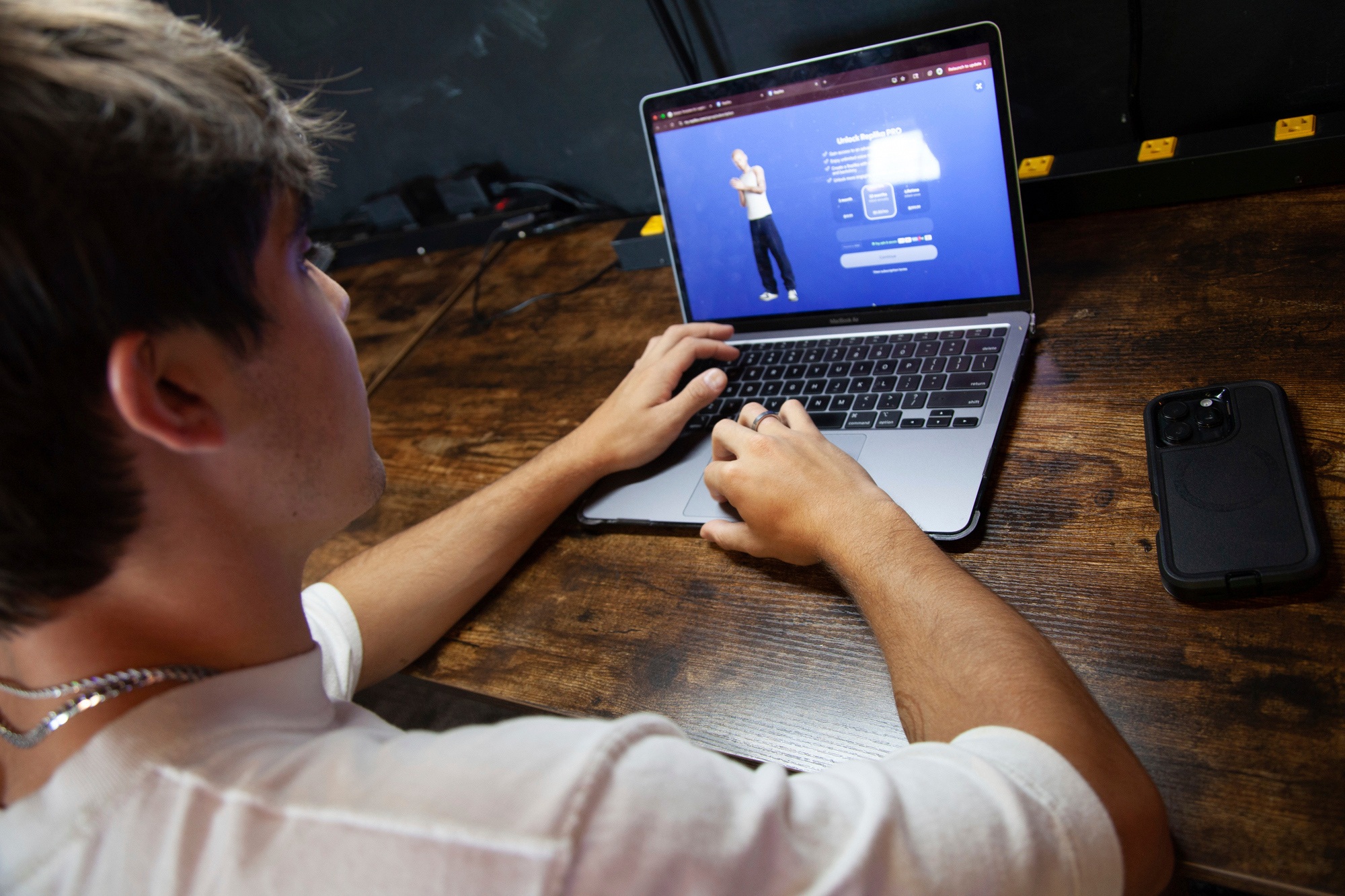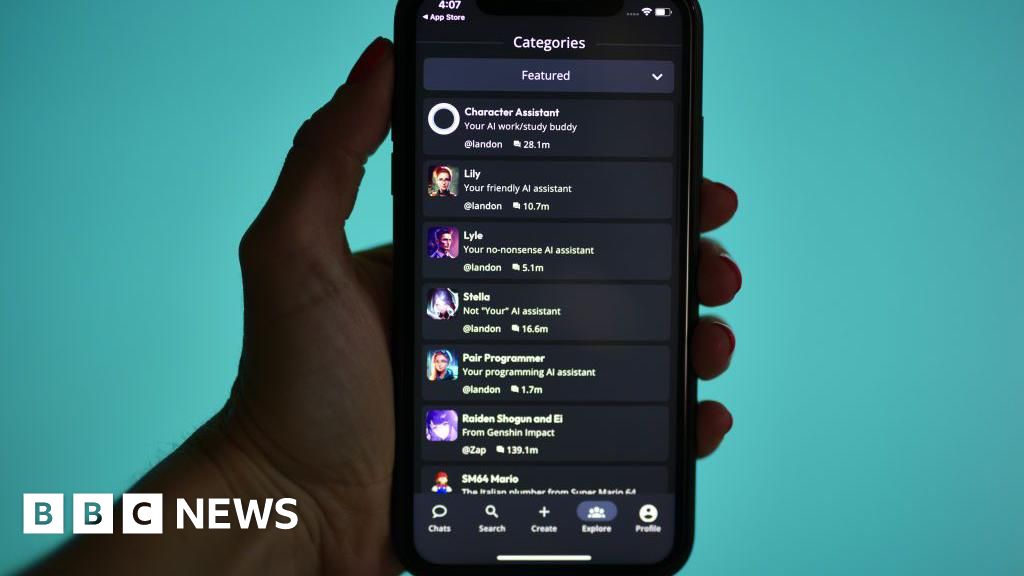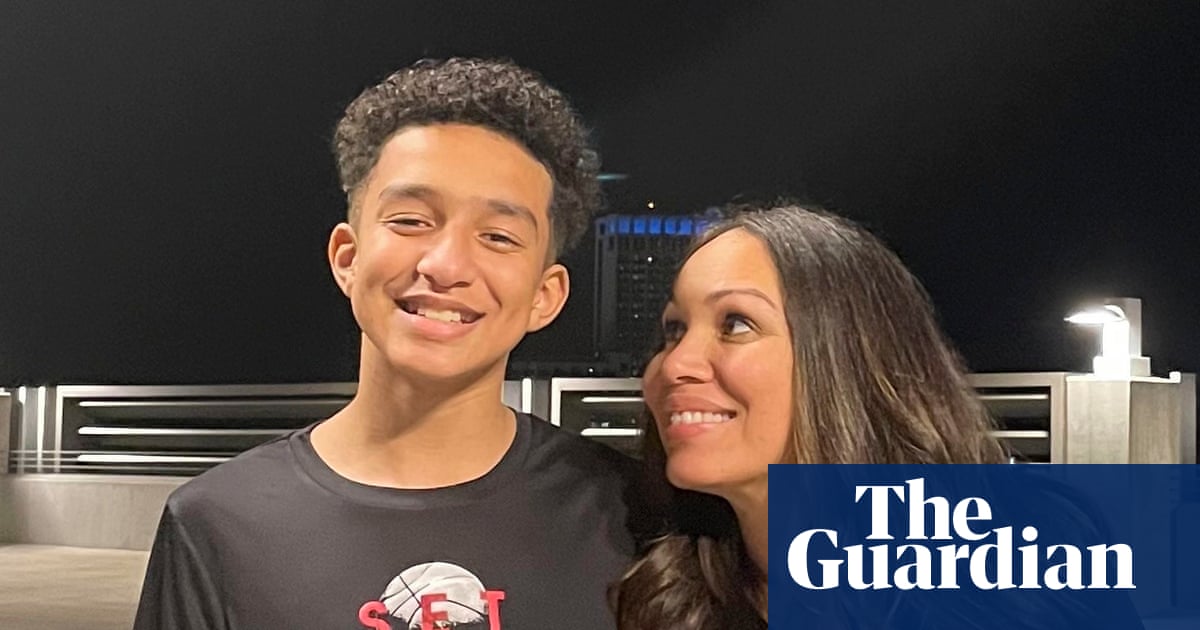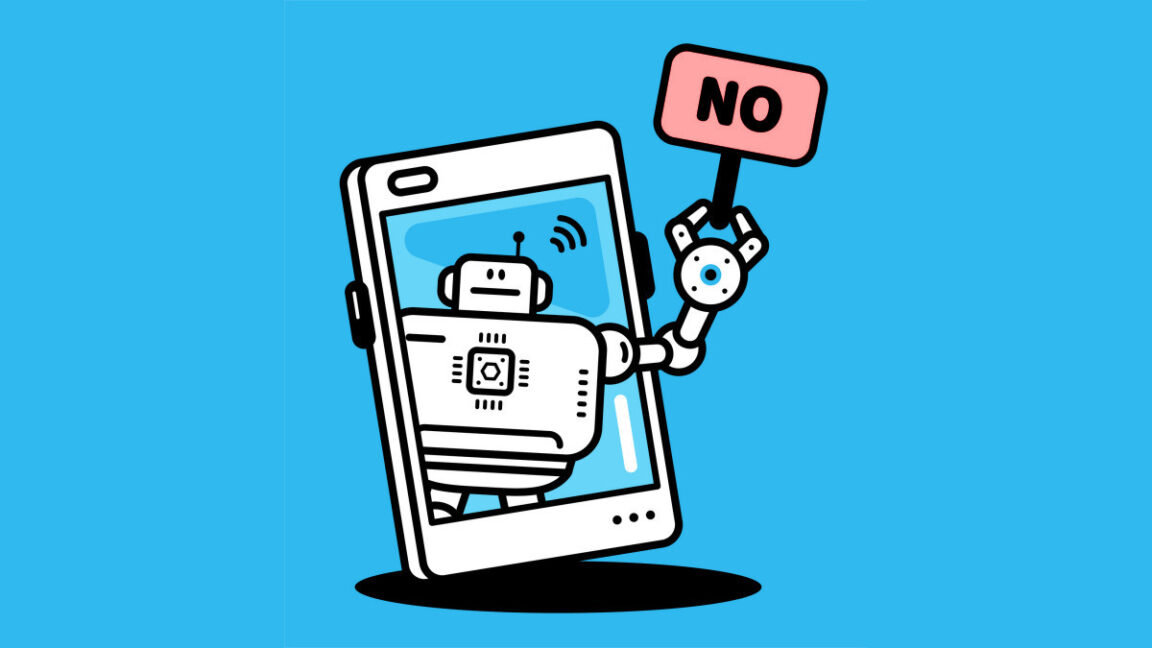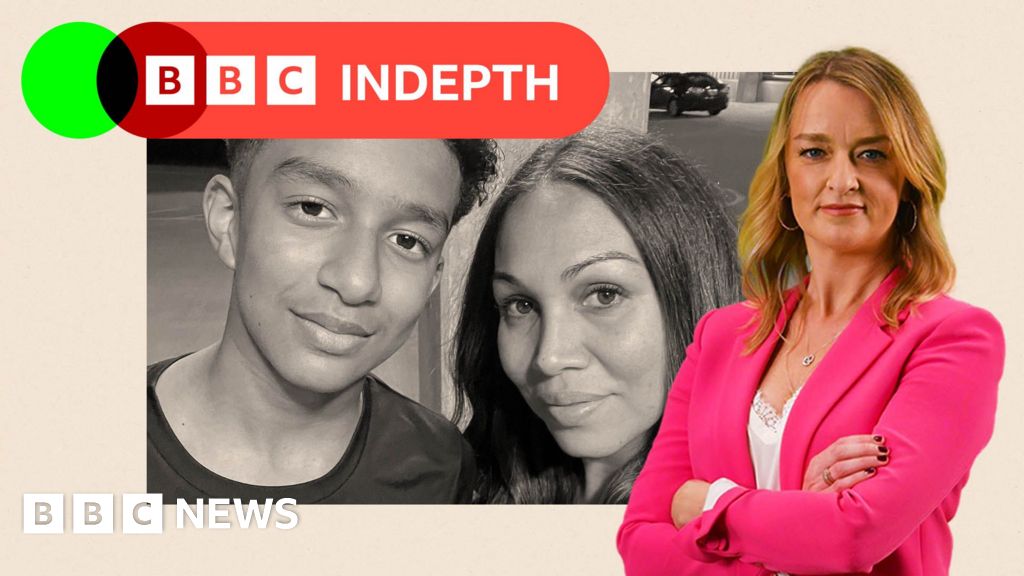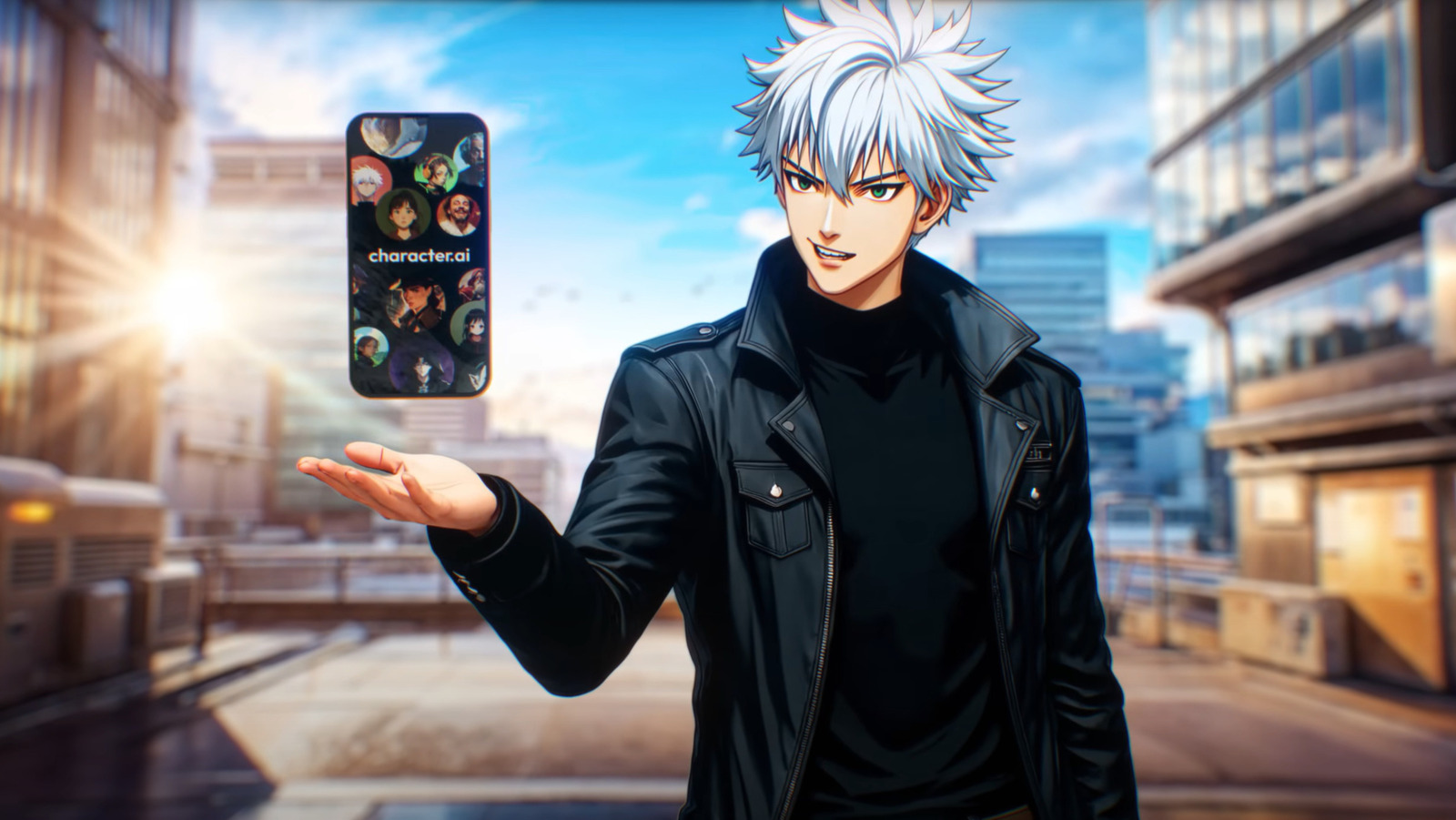fromBusiness Insider
4 weeks agoPope Leo's latest AI warning: 'overly affectionate' chatbots
"Overly affectionate chatbots, besides being ever-present and readily available, can become hidden architects of our emotional states, thereby invading and occupying the sphere of people's intimacy," the first-ever US-born pope wrote. "All stakeholders - from the technology industry to policymakers, from creative businesses to academia, from artists to journalists and educators - must be involved in building and implementing a conscious and responsible digital citizenship," the pope wrote.
Artificial intelligence


